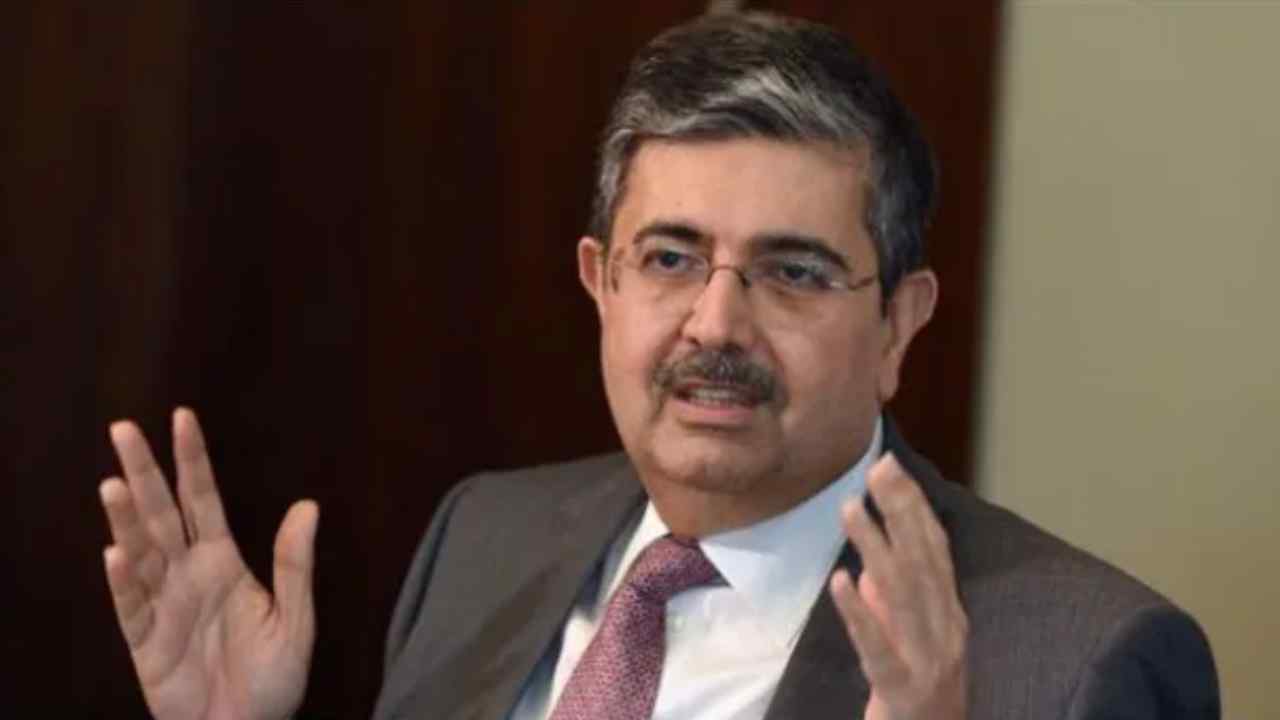The Kannada language holds a significant place as the official language of Karnataka, and there are ongoing efforts to enhance its usage across various sectors. One notable initiative comes from Purushottam Bilimale, the Chairman of the Kannada Development Authority, who is advocating for Kannada to be used in the medical field. In a recent request directed at the Karnataka Health Minister, Dinesh Gundu Rao, Bilimale emphasized the importance of issuing an official directive encouraging government doctors to issue medical prescriptions in Kannada.
The Importance of Kannada in Healthcare
Bilimale argues that if government doctors, particularly those in taluk and district hospitals, prioritize writing prescriptions in Kannada, it would significantly contribute to preserving and promoting the language’s identity. A native language is crucial in ensuring effective communication between patients and healthcare providers, as it boosts the patient’s understanding of their health conditions and prescribed treatments.
The Proposal: A Call for Mandatory Usage
While it may not yet be obligatory for government doctors to write prescriptions in Kannada, Bilimale emphasizes that a circular advisory could be beneficial. He expresses concern, however, that without a mandatory requirement, the prompt implementation of this initiative could be compromised. A strong commitment from the state government is essential to advance the cause of Kannada, and he believes that doctors working in government health centers and hospitals should be mandated to comply with this directive.
Cultivating Awareness and Recognition
Bilimale further suggests that the efforts to support Kannada should be highlighted through recognition initiatives on Doctors Day each year. He believes that honoring doctors at the taluk, district, or state levels can create a positive atmosphere encouraging these professionals to adopt Kannada in their daily practice.
Doctors’ Support for the Initiative
Support is emerging from within the medical community as well. During a recent visit to Raichur, Bilimale witnessed firsthand the enthusiasm of district hospital doctors who began issuing prescriptions in Kannada after his encouragement. This initiative inspired many physicians to take the lead in promoting Kannada, with several proudly showcasing their Kannada-written prescriptions.
Future Steps: Expanding the Initiative Statewide
Encouraged by the positive response from doctors, Bilimale is now pushing for the Karnataka government to formalize this practice across the state for all government doctors. He also advocates for the state to support the use of Kannada in private hospitals, which could further contribute to the language’s growth and acceptance in everyday medical practices. By promoting a bilingual healthcare environment, both patients and providers can foster improved communication and understanding, leading to better health outcomes.
Conclusion
Emphasizing the use of Kannada in medical prescriptions not only strengthens the identity of the language but also enhances patient care. The efforts of the Kannada Development Authority, supported by a proactive approach from healthcare professionals, could pave the way for a more inclusive healthcare environment that respects and promotes the local language, thereby fostering a deeper connection between patients and medical practitioners in Karnataka.











